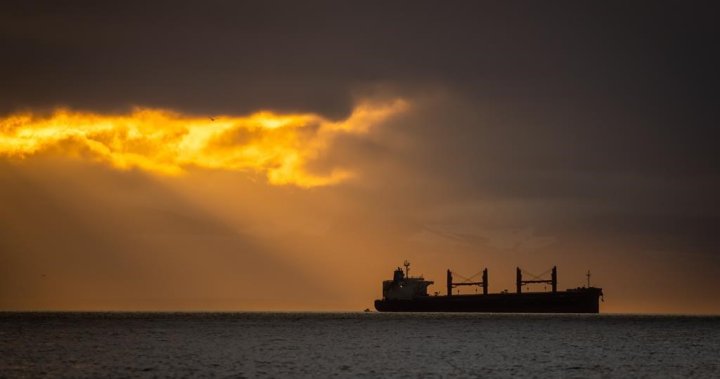The tranquil waters of Burrard Inlet are slated for transformation as the British Columbia government has given its stamp of approval for a controversial dredging project aimed at accommodating larger oil tankers. This decision marks a significant pivot in provincial energy policy, effectively paving the way for increased crude oil exports through Canada’s western gateway.
The project, which will deepen crucial shipping channels throughout the inlet, comes amid fierce debate over Canada’s commitment to environmental protection versus economic imperatives. Provincial authorities maintain that the dredging initiative addresses both concerns through rigorous environmental safeguards while supporting Canada’s export capabilities.
“This represents a carefully balanced approach to managing our natural resources,” said Environment Minister George Heyman at yesterday’s announcement in Vancouver. “We’ve established unprecedented environmental monitoring requirements while acknowledging the economic reality that Canada’s energy sector remains a crucial driver of prosperity.”
The Vancouver Fraser Port Authority, which will oversee the project, estimates the dredging will increase tanker capacity by approximately 30 percent, allowing vessels to carry substantially more crude oil per shipment. Currently, ships must operate at reduced capacity due to depth limitations in the narrow waterway.
Critics, including environmental organizations and several coastal First Nations, have expressed profound concern about the heightened risk of oil spills in the sensitive marine ecosystem. The Tsleil-Waututh Nation, whose traditional territory encompasses Burrard Inlet, has been particularly vocal in its opposition.
“This decision fundamentally disregards our rights and the health of these waters that have sustained our people for thousands of years,” said Charlene Aleck, a Tsleil-Waututh spokesperson. “The inlet is already under tremendous pressure from industrial activity.”
In response to these concerns, the provincial government has mandated an enhanced marine protection program, including additional emergency response vessels and expanded containment capacity. Officials insist the risk assessment studies demonstrate the project can proceed safely with these measures in place.
The economic implications extend far beyond British Columbia’s borders. The expansion directly supports Canada’s broader energy strategy, potentially increasing export revenues by billions annually, according to industry analysts. With global energy markets in flux due to geopolitical tensions, the timing of this approval appears strategically significant for Canadian economic interests.
“We’re seeing strong international demand for Canadian resources, particularly from Asian markets,” noted economist Patricia Mohr in an interview. “The ability to load larger vessels more efficiently makes our exports substantially more competitive on the global stage.”
The federal government, which shares jurisdiction over the project, has indicated support while emphasizing the importance of Indigenous consultation. Trans Mountain pipeline operations, which terminate at terminals along the inlet, stand to benefit substantially from the improved shipping capacity.
Environmental monitoring will be crucial as the project moves forward. Independent scientists will conduct baseline assessments before dredging begins and continue monitoring throughout the operation. The province has promised unprecedented transparency, with all data to be publicly accessible.
For residents of Metro Vancouver, the project represents yet another chapter in the ongoing tension between the region’s industrial heritage and its environmental aspirations. As climate concerns intensify globally, the political calculus around fossil fuel infrastructure grows increasingly complex.
As Canada navigates its energy future amid competing pressures of economic growth, environmental protection, and Indigenous reconciliation, one question remains paramount: Can we truly balance responsible resource development with our obligations to future generations and the health of our coastal waters?










